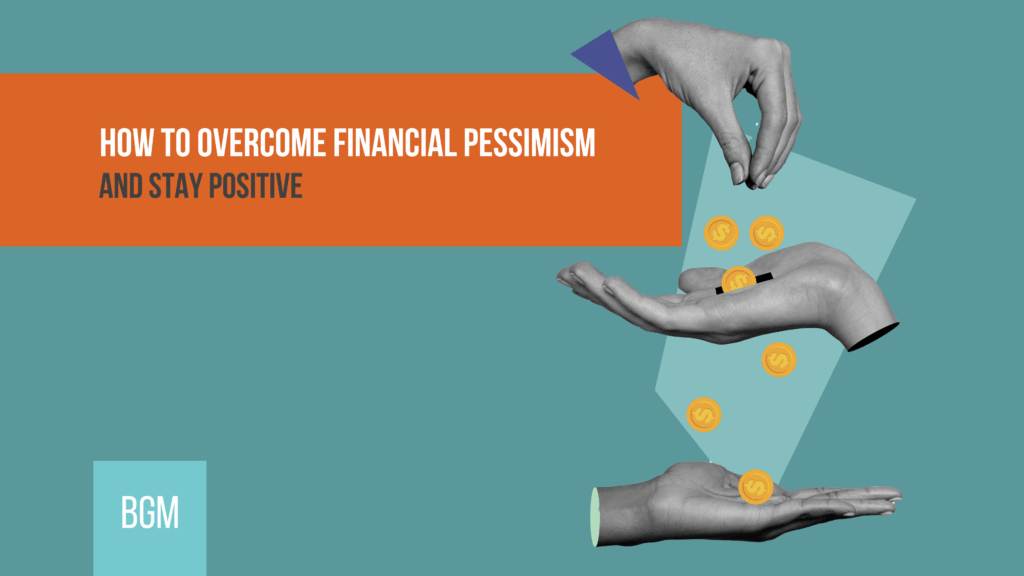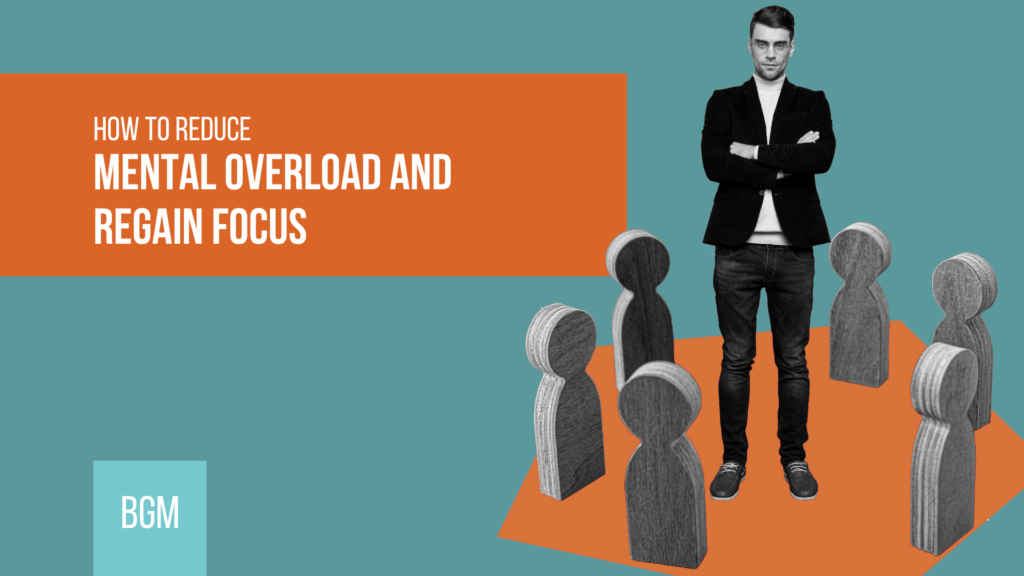It’s easy to be pessimistic, especially when headlines are filled with economic uncertainty, market volatility, and stories of financial loss. But while pessimism may sound smart and feel safe, it often leads to missed opportunities, cautious decisions, and unnecessary stress.
Let’s explore why pessimism is so seductive in the world of finance, the risks it poses, and how you can foster a more balanced and constructive mindset to navigate uncertain times.
Why Pessimism Feels More Reasonable Than Optimism?
Pessimism often has an air of credibility because it sounds cautious and informed. It’s seen as the safer bet. People assume that expecting the worst helps you avoid disappointment or failure. In contrast, optimism can be mislabelled as naive or unrealistic.
But this perception is misleading. Most long-term success stories in business, investment, and personal finance are rooted in optimism, resilience, and belief in future progress.
Here’s why pessimism often dominates in financial conversations
- Bad news grabs attention – A negative forecast sounds urgent and critical. It feels like a warning.
- Losses feel more intense than gains – Behavioural economists call this “loss aversion”: losing $100 feels worse than gaining $100 feels good.
- We mistake volatility for failure – Short-term drops in the market are often part of long-term growth. But pessimists see them as signs to exit.
In financial thinking, pessimism can cause paralysis-people hesitate to invest, grow their business, or make important decisions out of fear. Over time, this hesitation leads to stagnation.
The Real Risks Of Pessimism In Financial Decision-Making
When pessimism becomes a habit, it starts to shape behaviour in ways that limit both growth and security. These are some of the long-term consequences of consistently pessimistic financial thinking.
Missed Investment Opportunities – Markets rise and fall, but historically, they grow over time. Those who sit on the sidelines out of fear often miss the compounding effect of long-term investing.
Over-Saving and Under-Investing – While saving is important, keeping all assets in low-growth savings accounts due to fear of risk can erode value over time, especially in inflationary environments.
Inaction During Uncertainty – Waiting for the “perfect time” can mean never acting at all. Whether in business or personal finance, opportunities are rarely perfect-they’re managed through informed risk.
Reduced Confidence in Business Planning – Business owners who dwell on what could go wrong often delay hiring, marketing, or innovation-choices that could otherwise lead to growth.
Ultimately, pessimism does not protect you from uncertainty. It keeps you from building resilience against it.
How To Maintain An Optimistic Financial Outlook Without Ignoring Risk
Optimism isn’t blind faith or reckless risk-taking. It’s the belief that with sound strategy, thoughtful planning, and consistent action, you can adapt and succeed over time-even in the face of setbacks. Here’s how you can build a constructive, optimistic mindset
Ground Your Thinking In Long-Term Trends
Zoom out. Focus less on weekly market movements or quarterly business swings, and more on the bigger picture. Historically, both economies and businesses recover, adapt, and grow.
Reflect On Past Resilience
Remind yourself of times you’ve overcome difficulty. If your business survived 2020, or if you’ve rebuilt after setbacks before, that’s evidence of your capability, not just luck.
Balance Emotion With Facts
When fear or doubt creeps in, pause and look at the data. Are your concerns rooted in facts or feelings? Facts should guide your decisions-feelings should be acknowledged, but not obeyed blindly.
Set Clear, Flexible Financial Goals
Having long-term goals with flexible pathways gives you something to focus on even when things feel uncertain. Optimism grows when you take small, consistent steps toward something meaningful.
Surround Yourself With Growth Focused Voices
The people you listen to matter. Seek advice from financial professionals, business mentors, or peers who understand risk but also believe in possibility.
Use Language That Supports Growth
Watch how you speak about money and opportunity. “I can’t afford that” becomes “How could I afford that?” Language reinforces mindset.
From Fear to Focus – Why Optimism Wins Over Time
When things feel uncertain, pessimism whispers that you should play it safe. But over time, excessive caution leads to stagnation.
Business owners and investors who succeed long-term are rarely the most fearful or the most aggressive. They are the most balanced. They see risk and manage it, but they move forward anyway.
Optimism is what fuels resilience. It allows you to see potential, plan for setbacks, and keep showing up when others retreat. It turns short-term challenges into long-term learning. And it gives you the energy to lead through difficult periods without being overwhelmed by them.
Build Your Financial Mindset For The Long Haul
Pessimism may sound smart, but it rarely builds wealth. A grounded, optimistic mindset, backed by data, discipline, and a clear plan, is far more powerful in creating financial success and peace of mind.
Start today by noticing where pessimism might be limiting your decisions.
Ask yourself
“What would I do if I believed things could go right?” Then take a step in that direction.
Thanks for being part of the Business Life community. If there’s a topic you’d like us to explore in a future edition, feel free to get in touch.
Live with purpose,
Kristian Livolsi and the Business Growth Mindset Team




